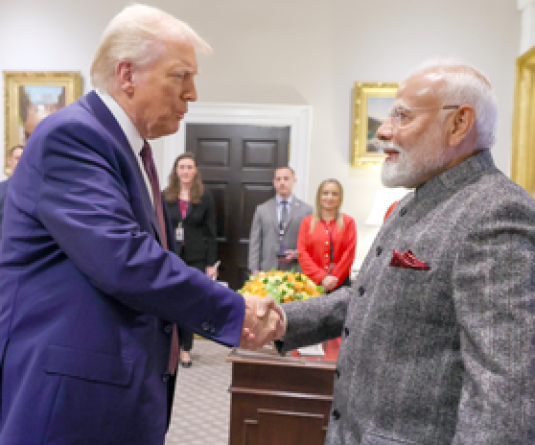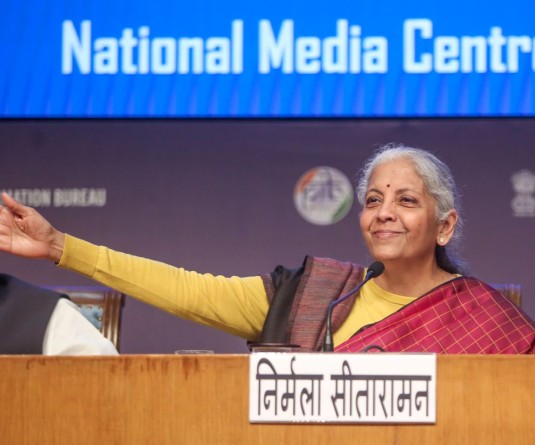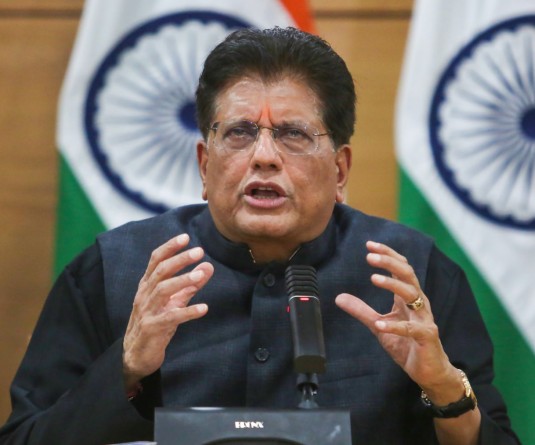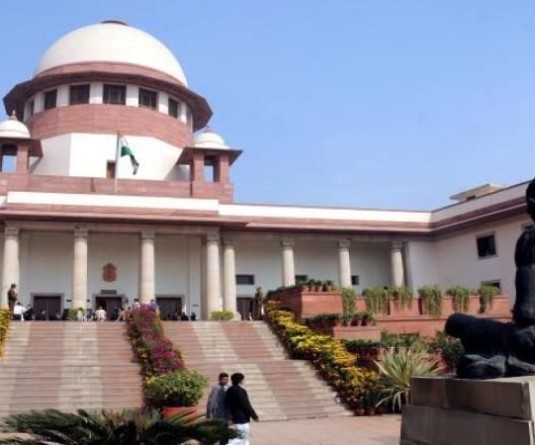IANS Photo
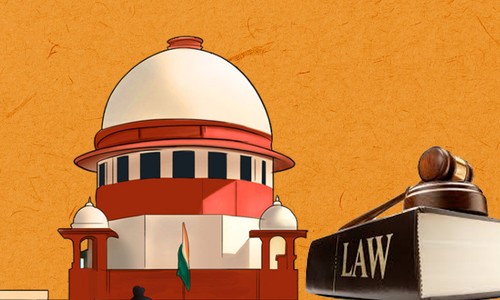
New Delhi, November 23 (IANS) With a “heavy heart”, Supreme Court judge Justice S.K. Kaul said on Thursday that the pleas challenging the powers of the Enforcement Directorate (ED) be placed before Chief Justice of India (CJI) for the constitution of a new bench.
“Solicitor General seeks deferment, which would leave no time for this bench to pen down an order… The Chief Justice will have to reconstitute the bench in view of one of us (Justice Kaul) demitting office,” ordered the three-judge bench, also comprising Justices Sanjiv Khanna and Bela M. Trivedi.
It may be recalled that Justice Kaul, who headed the three-judge special bench, is due to retire on December 25.
In the previous hearing, senior advocate Kapil Sibal had contended that the provisions of Prevention of Money Laundering Act (PMLA) are in violation of Article 21 and go against the principle of rule of law, and thus the matter needs to be placed before a larger Constitution bench.
The special bench was constituted to consider the review pleas filed against its 2022 judgment in the Vijay Madanlal Choudhary case, upholding the ED’s powers related to arrest, searches, seizures, and attachment of property, under the PMLA.
In the case of Vijay Madanlal Choudhary & Others vs Union of India & Others, a three-judge bench had turned down the challenge to vires of Section 50 of the PMLA giving power to the anti-money laundering agency to summon an accused and record statement, which is an admissible evidence in the court of law.
The 2022 decision rendered by a bench headed by Justice A.M. Khanwilkar (now retired) affirmed the stringent provisions of PMLA in connection with definition of proceeds of crime, power of arrest, search & seizure, attachment of properties and also the twin bail conditions.
On August 25 last year, a bench headed by then CJI N.V. Ramana had agreed to review its PMLA judgment for two main concerns -- non-providing of ECIR to accused at the time of arrest, and negation of presumption of innocence.


